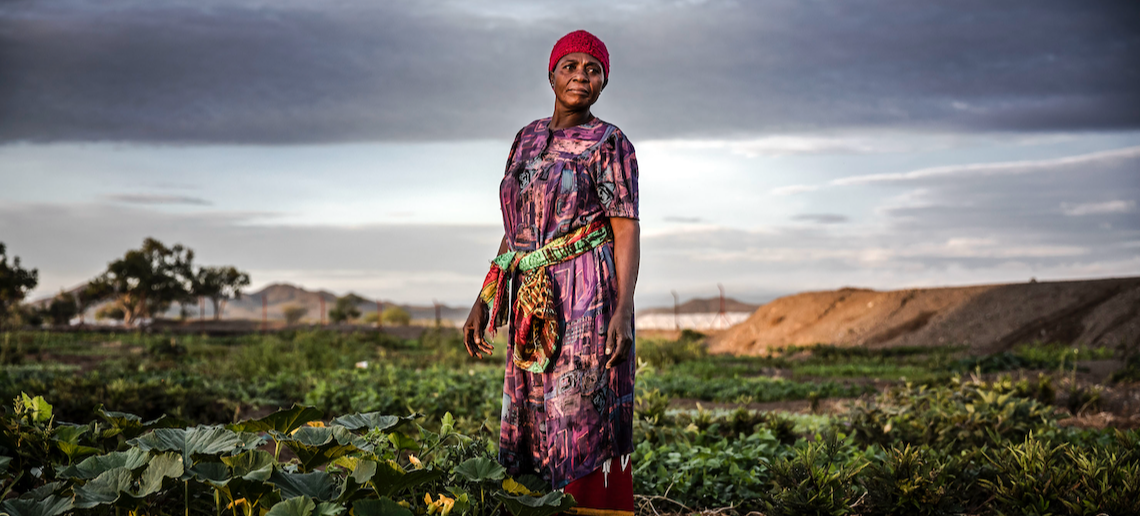
Stakeholder engagement
FAO aims to ensure meaningful, effective and informed participation of stakeholders in the formulation and implementation of projects and programmes, and is especially committed to engaging those groups that are most affected by the project/ programme.
Stakeholder engagement in project planning promotes local ownership, strengthens project integrity and design, and helps create relationships that may contribute to constructive problem-solving if difficulties or challenges arise. While environmental and social risks should be monitored throughout the project cycle, specific requirements apply during the identification, formulation and implementation (including inception) phases.
Grievance Redress Mechanisms
The objective of FAO's Grievance Redress Mechanism (GRM) is to ensure that appropriate mechanisms are in place to allow individuals and communities to file grievances with FAO directly if they believe they are or might be adversely affected by an FAO project or programme.
GRMs must be accessible, collaborative, expeditious and effective in resolving concerns. Key underlying principles include confidentiality, impartiality, respect for human rights (including those of Indigenous Peoples), compliance with national norms, equality, transparency, honesty and mutual respect.
Disclosure
The disclosure of programme and project information helps stakeholders participate effectively in project consultations. Before implementing activities, FAO discloses information on the environmental and social risks of programme and project activities. FAO strives for this information to be relevant, understandable, accessible and considered culturally appropriate by the stakeholders.
